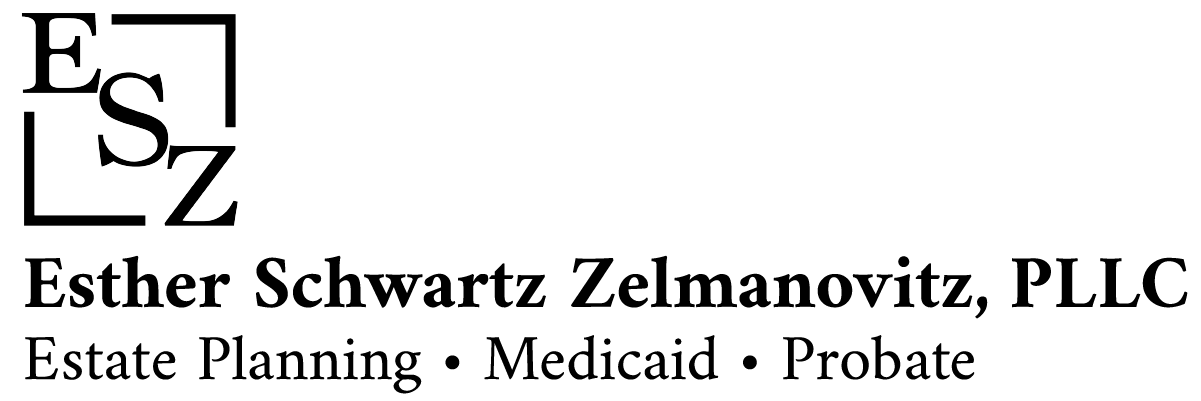Table of Contents
Long Island & Queens Guardianship Attorney
What is Guardianship?
Guardianship is a legal process by which a court appoints a person to make legal decisions on behalf of someone who is unable to do so. Guardians may be appointed to make medical decisions for an incapacitated person and/or manage their financial affairs.
Who Needs a Guardian?
A legal guardianship may be required for minors, developmentally disabled adults, and adults who have become incapacitated and due to the incapacity cannot provide for their personal needs or manage their own property or finances.
Who Can Be A Guardian?
Guardians are typically close family members, but sometimes a neighbor, friend, a social services official or a corporation, is appointed as guardian.
The basic requirements for a guardian are that:
- They are over 18 years old,
- They are a legal citizen of the United States,
- They are not a professional providing services to the person requiring a guardian,
- They are not in debt to the person requiring a guardian, and
- They have never been convicted of a felony.
What Does A Guardian Do?
Depending on the authority granted to the guardian by the court, guardians can have various duties, such as:
- Manage assets and make financial decisions on behalf of the person in need of a guardian.
- Make medical decisions on behalf of the person in need of a guardian.
- Handle the daily life of the person in need of a guardian.
- Assist with public benefits for the person in need of a guardian.
Types of Guardians:
Different types of guardianship cater to the specific needs of the individual.
Guardian of the Person: A guardian of the person makes life decisions for the individual; these decisions may be regarding healthcare, education, or general welfare.
Guardian of the Property: A guardian of the property makes decisions about the individual’s finances and must file an annual accounting with the court. Property guardians may also have bond requirements or may need to marshal the assets of the individual.
Guardian of the Person and Property: A guardian of the person and property makes both life decisions and property decisions for the individual.
Guardian ad Litem: A Guardian ad Litem is assigned by a Judge to protect the interests of an individual during a court case in which the individual is unable to protect their own interests.
How is a Guardian Appointed?
A guardian is appointed through a court process. A guardianship proceeding may be brought in Supreme Court, Surrogate’s Court or County Court, depending on the type of guardianship needed.
Different Types of Guardianships
In New York State there are different statutes that govern and determine the type of guardianship proceeding necessary to have a guardian appointed in a particular case.
Article 17-A Guardianships
If an individual has an intellectual or developmental disability that renders them incapable of making decisions on their own and managing their own affairs, a legal guardian can be appointed by the Surrogates Court under Mental Hygiene Law Article 17A.
The most common petitioner seeking an Article 17A guardianship is a parent for a child that has an intellectual or developmental disability and has reached the age of 18 years old. While still a minor, the parent is automatically the legal guardian, but that ends on the child’s eighteenth birthday. Therefore, a guardianship proceeding is necessary for the parent to retain legal authority to make decisions for the adult child and manage his or her affairs. Such acts may include making medical decision making on behalf of the child (i.e. consenting or withholding consent to medication, vaccines, or procedures) or financial and legal actions (i.e. banking transaction, signing a contract or lease, insurance management).
An Article 17-A Guardian can be appointed for either “the person” and/or for “the property”. Guardianship of the person is used when the individual has no assets of their own but requires assistance with their personal needs; guardianship of the property is used when an individual has assets that need to be managed. The 17A guardianship lasts the length of the disabled individual’s life.
Article 81 Guardianships:
An Article 81 Guardianship is a proceeding brought in Supreme Court by a person who is concerned about an alleged incapacitated person’s ability to care for themself due to incapacity. A hearing must be held and the petitioner must prove by clear and convincing evidence that the alleged incapacitated person is likely to suffer harm because the person is unable to provide for their personal needs and/or property management and the person does not appreciate the nature and consequences of such inability.
The Court will only grant the powers to the Guardian which are absolutely necessary for the care of the incapacitated person and is the least restrictive form of intervention. This tailored authority affords the incapacitated person the greatest amount of independence while the Guardian provides for the incapacitated person’s personal needs and/or property management. The Court will also determine the duration of the Guardianship.
Is there an Alternative to Guardianship?
If an individual can sign advance directives, including a health care proxy and durable power of attorney which includes broad authority to manage his or her affairs, it is very possible to avoid a guardianship. Generally, every adult should have these documents in place as a “just in case” as no one knows if or when they may become incapacitated.
If you would like to learn more about guardianship and need assistance with the guardianship process, contact us today.
